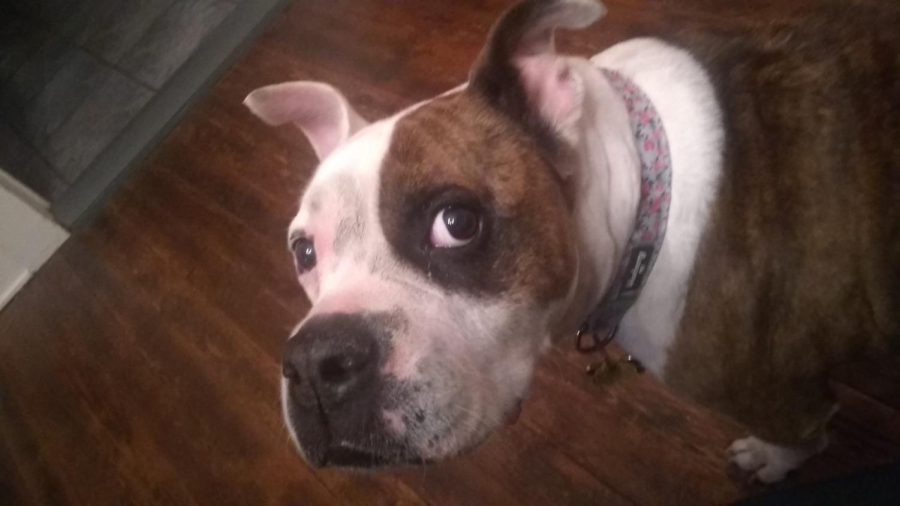Animals and COVID-19
COVID-19 does not only affect human beings, contrary to popular belief. It can affect animals, varying from wild to even domestic pets. Most of the pets infected with the virus fully heal and do not even show any type of symptoms, to begin with. A mink, the first wild animal to catch COVID while the first pet to get COVID was a German Shepherd. COVID-19 has not only affected the pet’s physical health, but their mental health too, such as them becoming more anxious when separated from their owners and family.
October 19, 2021
At the beginning of the pandemic, animals started to love the various effects of COVID-19. Especially their family members staying home not having to venture anywhere, pets gained much attention and love from owners while also staying safe. However, when vaccines began rolling out to the public, the spread of COVID-19 began declining, guidelines started loosening up, letting people leave their homes to return to their normal lives. This caused an enormous number of animals to face post-quarantine separation anxiety, meaning animals started to feel extremely anxious and alone since their family members no longer stayed at home with them.
“I have a cat named Molly. My grandmother found her as a stray in her neighborhood. My family and I adopted her from my grandma in 2012, so she remains very close to my family. Once the effects of COVID-19 started to take place my cat was so happy to have us home. Once the guidelines loosened up, she started having very bad separation anxiety and still does till this day,” sophomore Ryan Vickers said.
The first known wild animal COVID case took place in a mink on a mink farm in Utah, immediately followed by a steadily increasing amount of animals contracting the virus. The first domestic animal case took place in a German shepherd that lived in New York. Regardless, after people noticed that animals could also become infected with COVID-19 they also realized that the percentage of domestic animals contracting the virus remained relatively low. Further studies conducted by the CDC highlighted that animals spread infection in a couple of ways. If the owner or any other people that live with the pet contract the virus, their contact can spread it to the animal. It can also spread from animal to animal, but this remains less likely than human to animal.
“I have two dogs: Sophie, a golden retriever, and Jumper, a Shih-Tzu Maltese mix. One of my siblings ended up contracting COVID-19 and spreading it to Sophie. Afterward, my other family members and I were quarantined. Which ended up with my other dog getting the virus. That was about 4 months ago, fortunately now both dogs and my siblings are COVID free, and have returned to their normal lives,” sophomore Tyler Sumner said.
Animals experience similar symptoms of COVID-19 as humans, symptoms such as fever, coughing, and difficulty breathing. While a substantial amount of animals do not show any symptoms at all. Most animals that contracted COVID-19 only suffered from a mild illness, unlike humans, a few serious illness cases have taken place in a couple of different animals. Once pets contract COVID, their owners should try to separate themselves and others from the sick animal. Pets should not participate in many activities until fully healed of the virus. Activities such as traveling or departing to the groomer or park. On the other hand, pets can leave their homes for places like the vet. In regards to their health, both mental and physical. Almost all animals infected with the virus have fully recovered.






